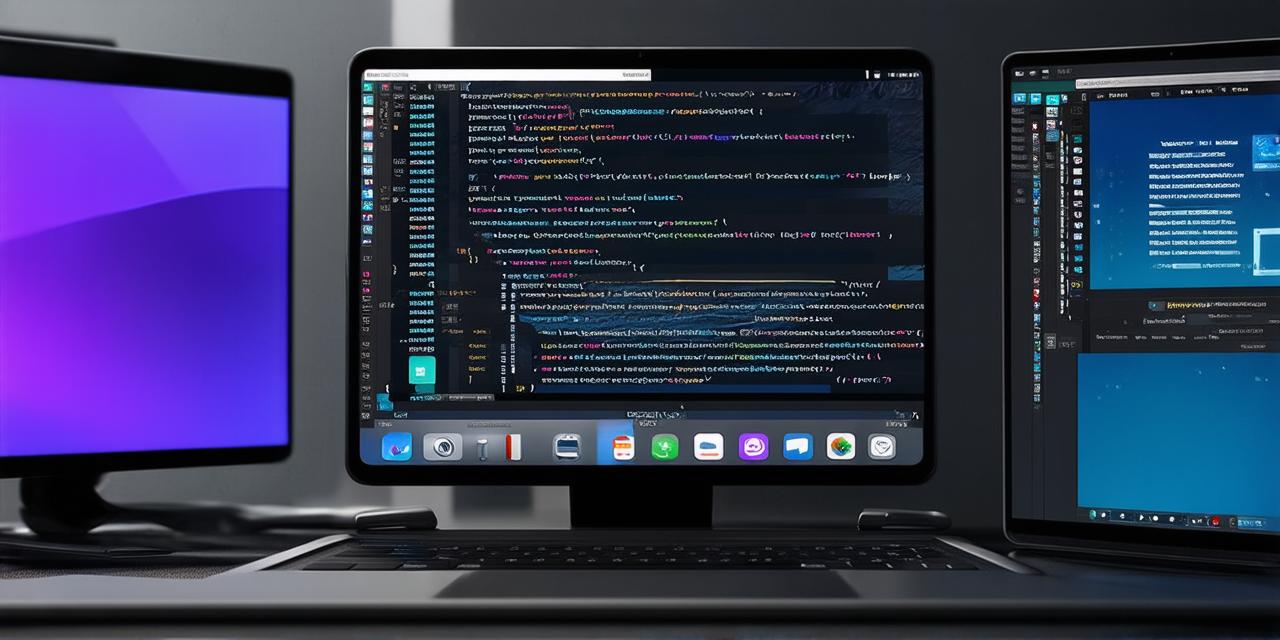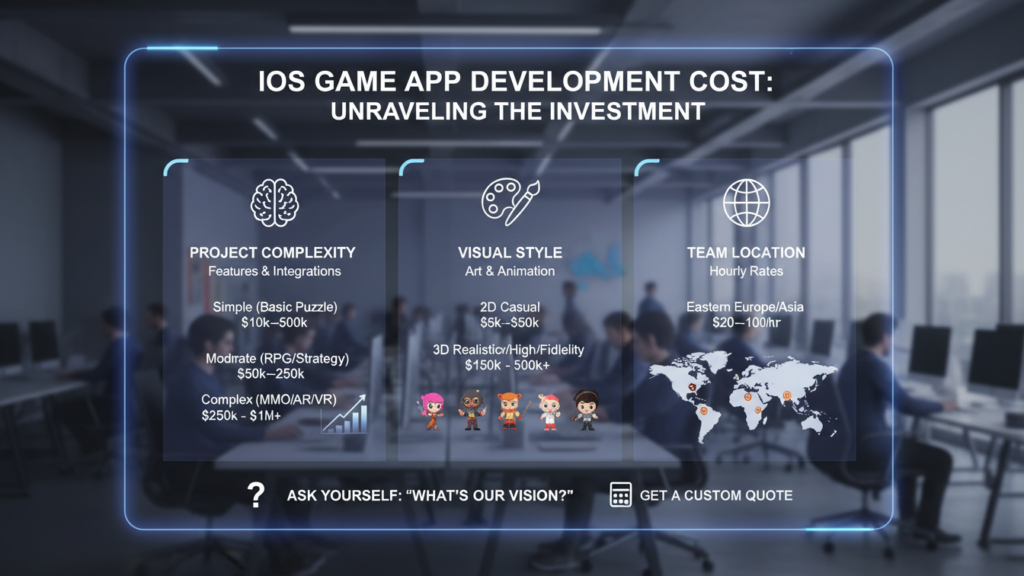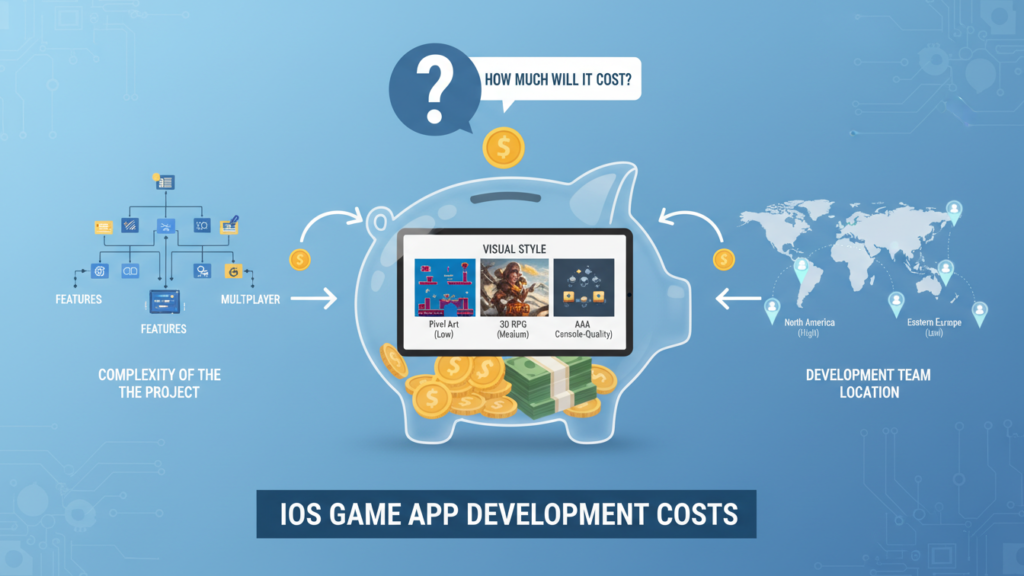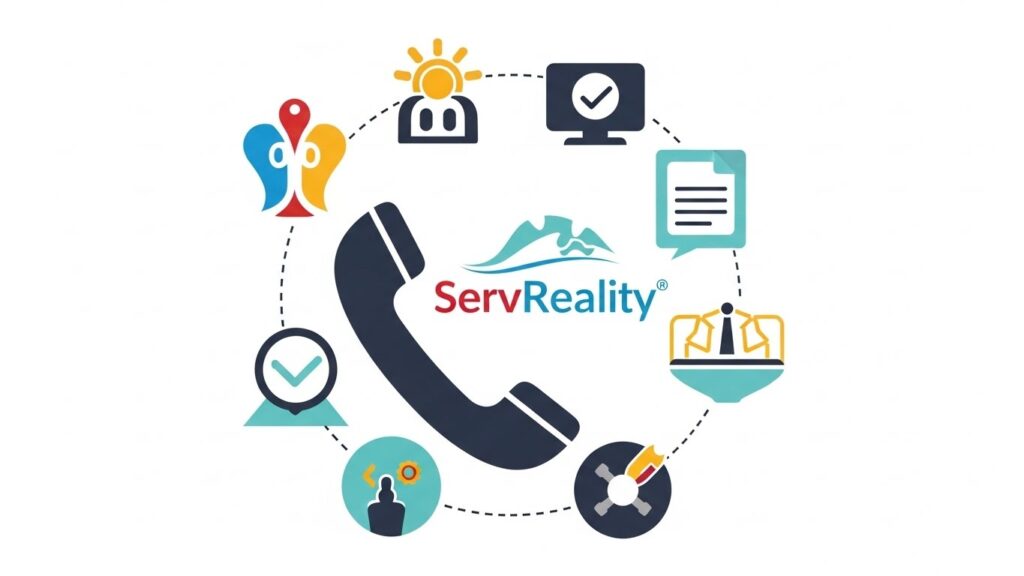The rise of mobile devices and smartphones has made app development an essential part of modern society. With the increasing popularity of mobile apps, there is a growing demand for skilled app developers who can create innovative and user-friendly apps that provide value to users. However, app development requires careful planning, research, and attention to detail.
1. Define your target audience
Before developing an app, it’s crucial to identify your target audience. You need to understand the needs, preferences, and behaviors of your potential users. Conducting market research can help you gather insights into your target audience’s demographics, interests, and pain points. By knowing your target audience, you can create an app that meets their expectations and provides value to them. For example, if your app is designed for fitness enthusiasts, you need to focus on features such as workout tracking, nutrition advice, and social sharing capabilities.
2. Choose the right platform
There are two primary platforms for app development – Android and iOS. Both platforms have their unique features, user base, and development tools. You need to choose the platform that best suits your app’s requirements and target audience. If your app is designed for gaming or entertainment, you may prefer iOS as it has a more extensive range of games and apps. On the other hand, if your app is focused on productivity or business, Android may be a better choice as it has more enterprise-level features.
3. Develop a compelling user interface

The user interface (UI) is one of the most critical aspects of app development. It determines how users interact with your app and whether they will use it regularly. A well-designed UI should be visually appealing, intuitive, and easy to navigate. You can use various design tools and frameworks to create an attractive and responsive UI that works seamlessly across different devices and screen sizes. For example, Material Design by Google is a popular UI framework for Android apps, while SwiftUI by Apple is a popular UI framework for iOS apps.
4. Ensure app performance
App performance is critical as it affects user experience and satisfaction. Slow loading times, crashes, and bugs can cause users to abandon your app and switch to a competitor’s product. You need to optimize your app’s code and use efficient algorithms to ensure fast and reliable performance. Testing your app thoroughly on different devices and network conditions can help you identify and fix performance issues before they become critical. You can also use profiling tools to identify bottlenecks in your app’s code and optimize them for better performance.
5. Implement security features
Security is a crucial concern for app developers, especially when dealing with sensitive data such as financial transactions or personal information. You need to implement robust security features such as encryption, authentication, and authorization to protect your users’ data from unauthorized access. Regular security audits and updates can help you stay ahead of potential threats and vulnerabilities. For example, you can use OAuth for authentication and authorization, which allows users to grant access to their data without sharing their login credentials.
6. Incorporate analytics
Analytics is a powerful tool that helps app developers understand user behavior and optimize their app’s performance. You can use various analytics tools to track user engagement, conversion rates, and retention. This data can help you identify areas for improvement and make informed decisions about your app’s development and marketing strategies. For example, you can use Google Analytics for web analytics and Firebase Analytics for mobile analytics.
7. Stay up-to-date with trends
The app development industry is constantly evolving, and it’s crucial to stay up-to-date with the latest trends and technologies. You need to keep an eye on emerging platforms, frameworks, and tools that can enhance your app’s functionality and user experience. Attending conferences, workshops, and webinars can help you learn from industry experts and gain valuable insights into the latest developments in app development. For example, SwiftUI is a new UI framework for iOS apps that was introduced by Apple at WWDC 2019, and it offers improved performance and better developer productivity compared to the previous UI frameworks.
In conclusion, app development requires careful planning, research, and attention to detail. By keeping these essential considerations in mind, you can create an app that meets your target audience’s needs, provides value to them, and stands out from the competition. Remember to stay focused on user experience, performance, security, and analytics, and keep up-to-date with the latest trends in the industry. With the right approach, app development can be a highly rewarding career that offers endless opportunities for creativity and innovation.



